SUMMARY
This is AI generated summarization, which may have errors. For context, always refer to the full article.
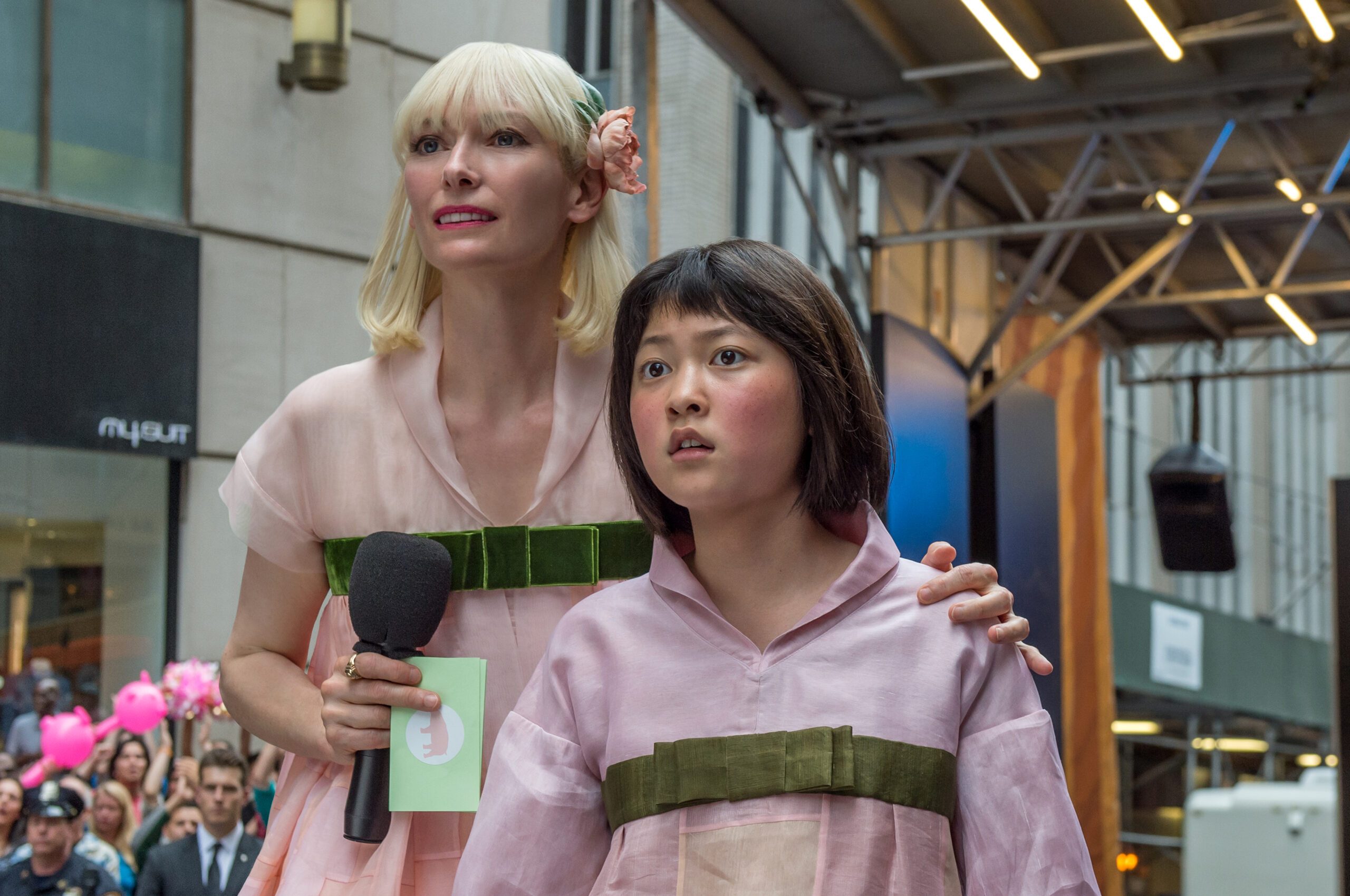
Bong Joon-ho’s The Host (2006) opens with a scene featuring an American scientist ordering his Korean underling to spill toxic chemicals down the drain and into the Han River. Presumably, the seemingly innocuous incident inside that secret American-headed laboratory leads to the existence of the havoc-wreaking river monster that snatches a young girl from her absent-minded father.
More than just granting a simplistic cause-and-effect mechanism to the film’s environmentally conscious narrative, the prologue gives the film a stark political stance by turning what essentially is a vividly entertaining creature feature into an overt commentary on Korean subservience towards America.
Charm and allure
Bong’s Okja has a similar opening.
In a cheery corporate event, Lucy Mirando (Tilda Swinton), the newly appointed CEO of a multinational with an unsavory history of all sorts of abuse, is announcing her pet project of distributing genetically modified pigs around the world to see which localized method of rearing the animal will result in the best and tastiest hog. (READ: 7 things to know about Bong Joon-ho’s game-changing ‘Okja’)
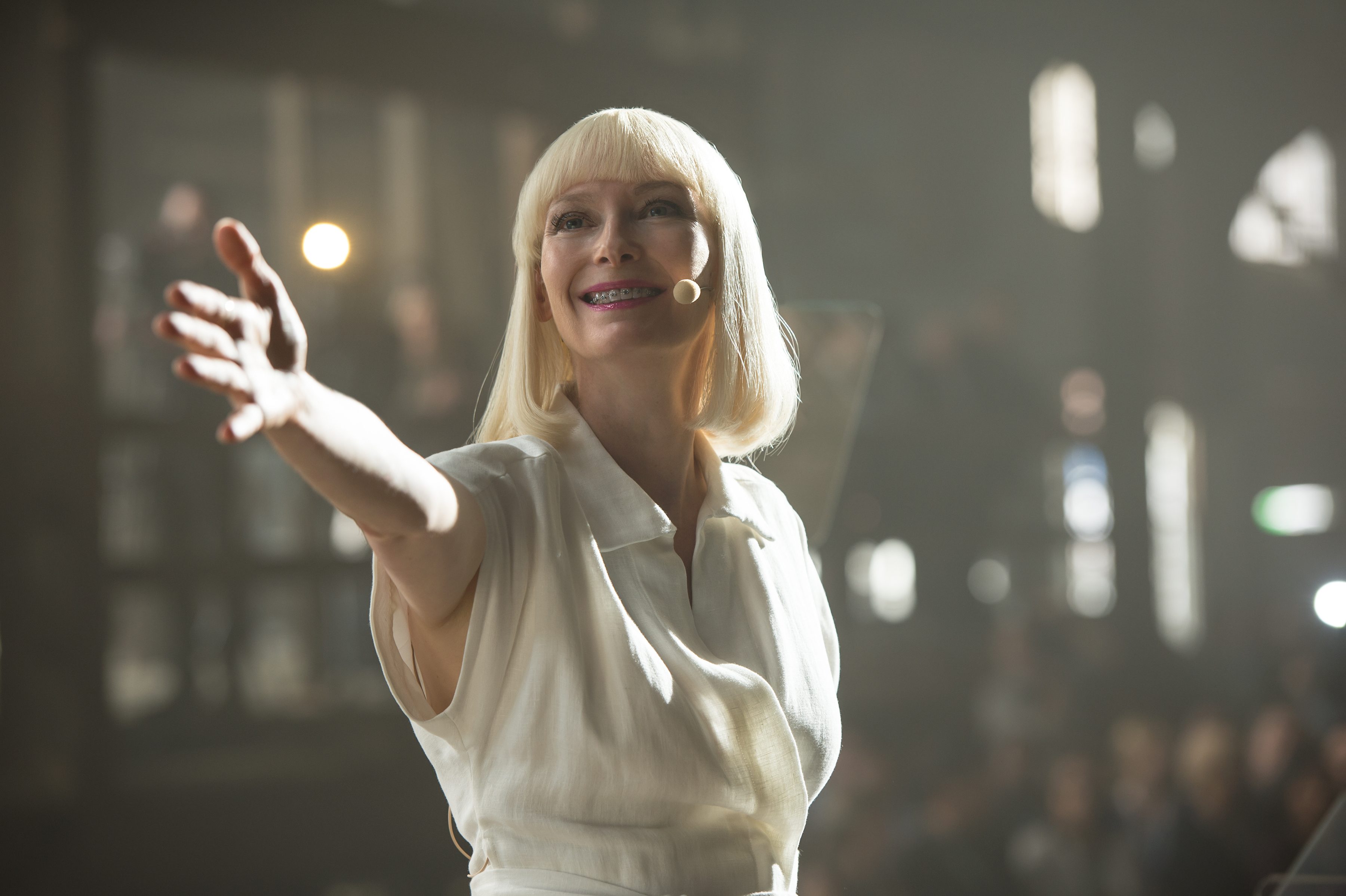
Unlike in The Host where American meddling had a family being torn apart under catastrophic circumstances, in Okja, the introduction of the lab-spawned beast to Korea gives rise to an indelible friendship between man and beast. (IN PHOTOS: Tilda Swinton, Steven Yeun, more at ‘Okja’ Korean red carpet)
The film proceeds to display quiet scenes atop a forested mountain where Mija (Ahn Seo-Hyun) is busy playing with her titular pig. With just a few anecdotes that communicate the intimate bond between the girl and her pet, Bong was able to turn what essentially is a digital creation that resembles a hybrid between a hippopotamus and a St Bernard into a character of irresistible charm and allure.
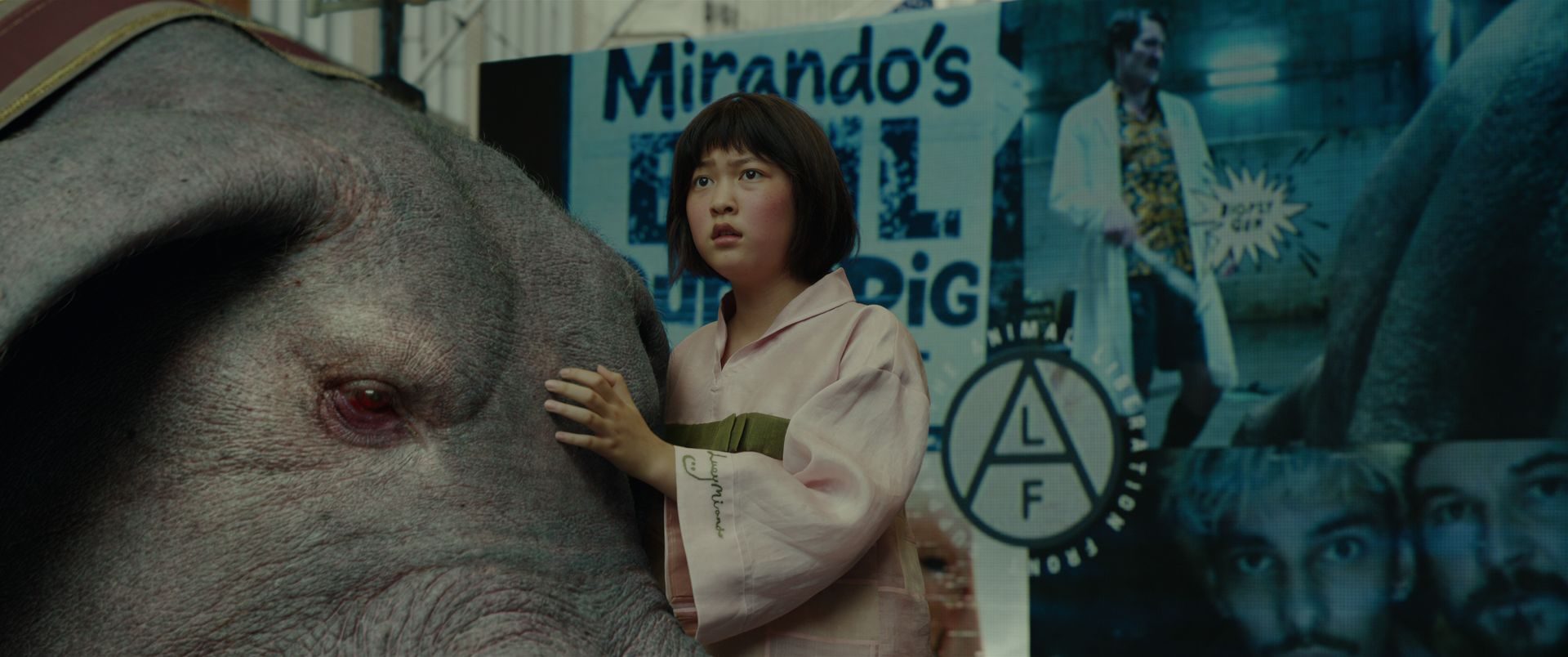
Considering that the opening already foreshadows the involvement of a huge corporation, it is almost impossible not to brace for the worst for the duo. Okja picks up when the friendly pig is spirited away from the mountain and into New York City with Mija and a group of animal activists planning to foil the big reveal through means that is not unlike a lot of today’s extremist exhibitions, except that under Bong’s humorous interpretation, the actions feel more slapstick than disruptive.
Sprawling satire
Bong is a crafty satirist and Okja may perhaps be his most sprawling work in terms of the number of aspects of modern life he wants to touch on.
Despite its efforts in shrouding corporate greed with comicality, it is adamantly clear that the movie is a denouncement of the inhumanity of brash capitalism.
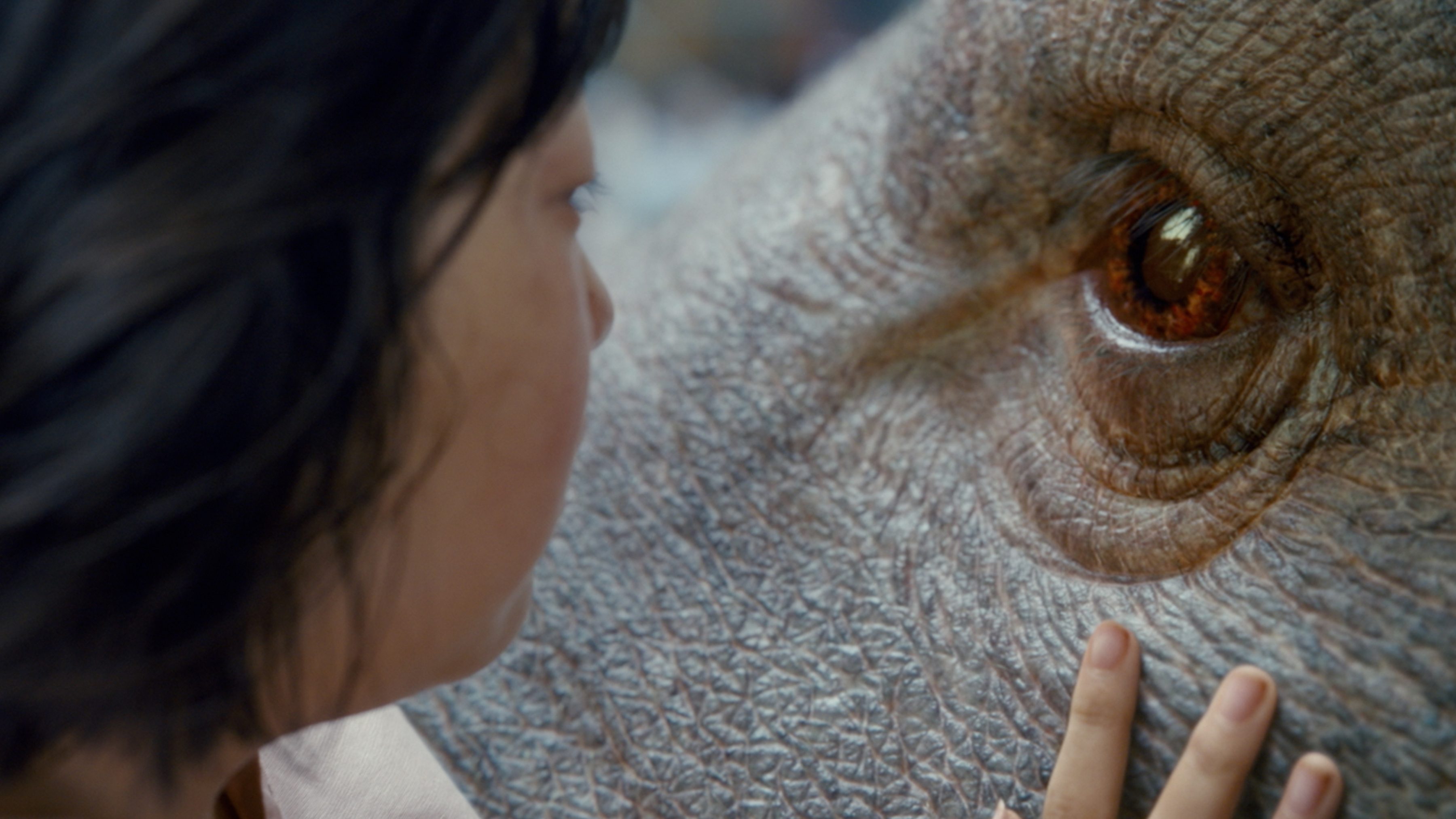
Okja however does not just depict corporations as purely evil. Lucy, amid her cartoon-like mix of silliness and deviousness, resembles modern conglomerate heads who are a mix of business savvy and media manipulation. She has a vision no matter how skewed and tainted and if that vision was within a narrative that didn’t involve her being the villain in a tale of a child being separated from her oversized cuddly friend, it would have been something worth lauding.
That is exactly what makes Okja such a pleasurable piece of entertainment. While it is straightforward in the emotions it wants to produce, its characters aren’t as black and white as they seem. The capitalists and the activists who valiantly battle them are both depicted as hilarious buffoons, both open to acts of depravity to serve their needs, both capable of random acts of human kindness.
Commentary of today
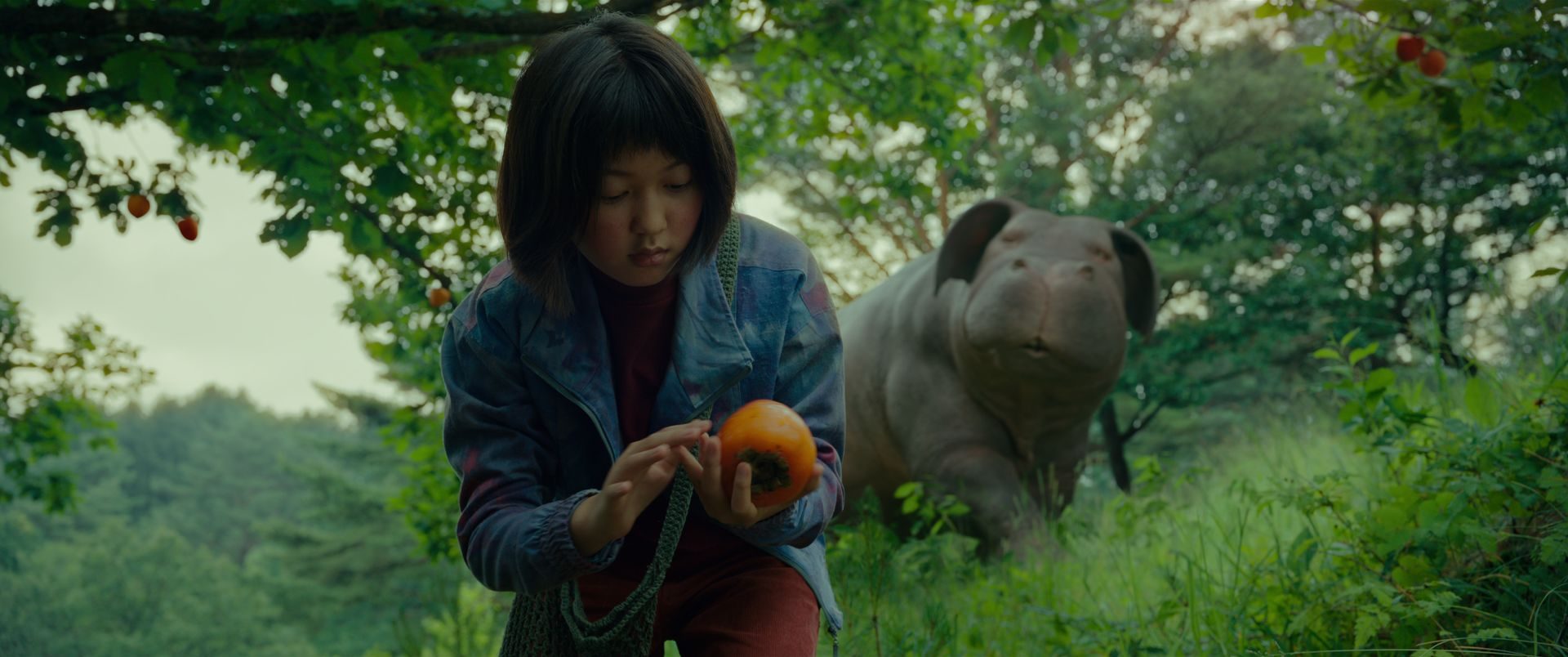
More than a critique of the characters and the ideologies they represent, Okja strives to be a commentary of today’s confused and confusing world where big businesses, media, advocacies, and all other kinds of noise collide, trumping the little humanities that identify us such as our capacity to love. – Rappler.com

Francis Joseph Cruz litigates for a living and writes about cinema for fun. The first Filipino movie he saw in the theaters was Carlo J. Caparas’ ‘Tirad Pass.’ Since then, he’s been on a mission to find better memories with Philippine cinema.
Add a comment
How does this make you feel?
There are no comments yet. Add your comment to start the conversation.